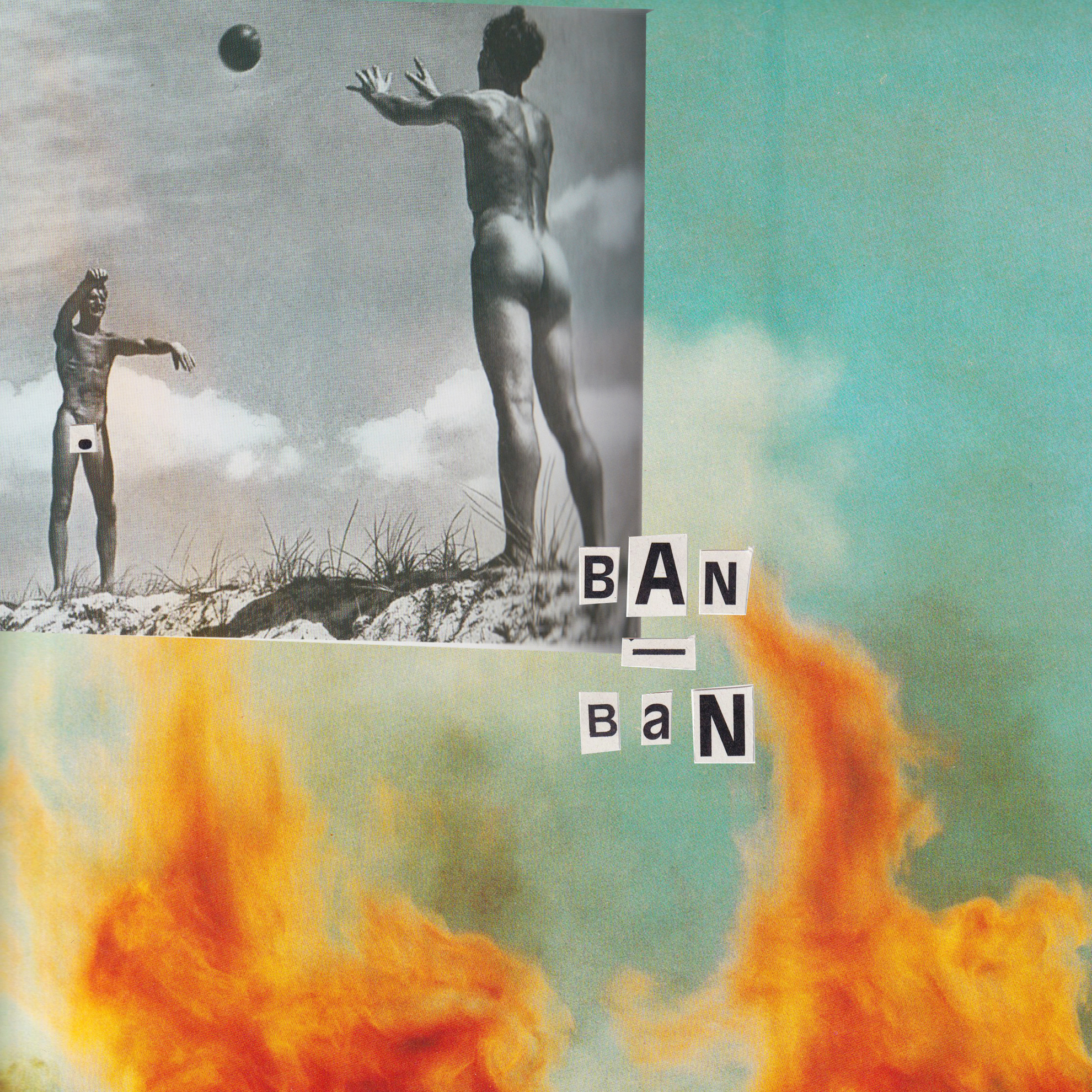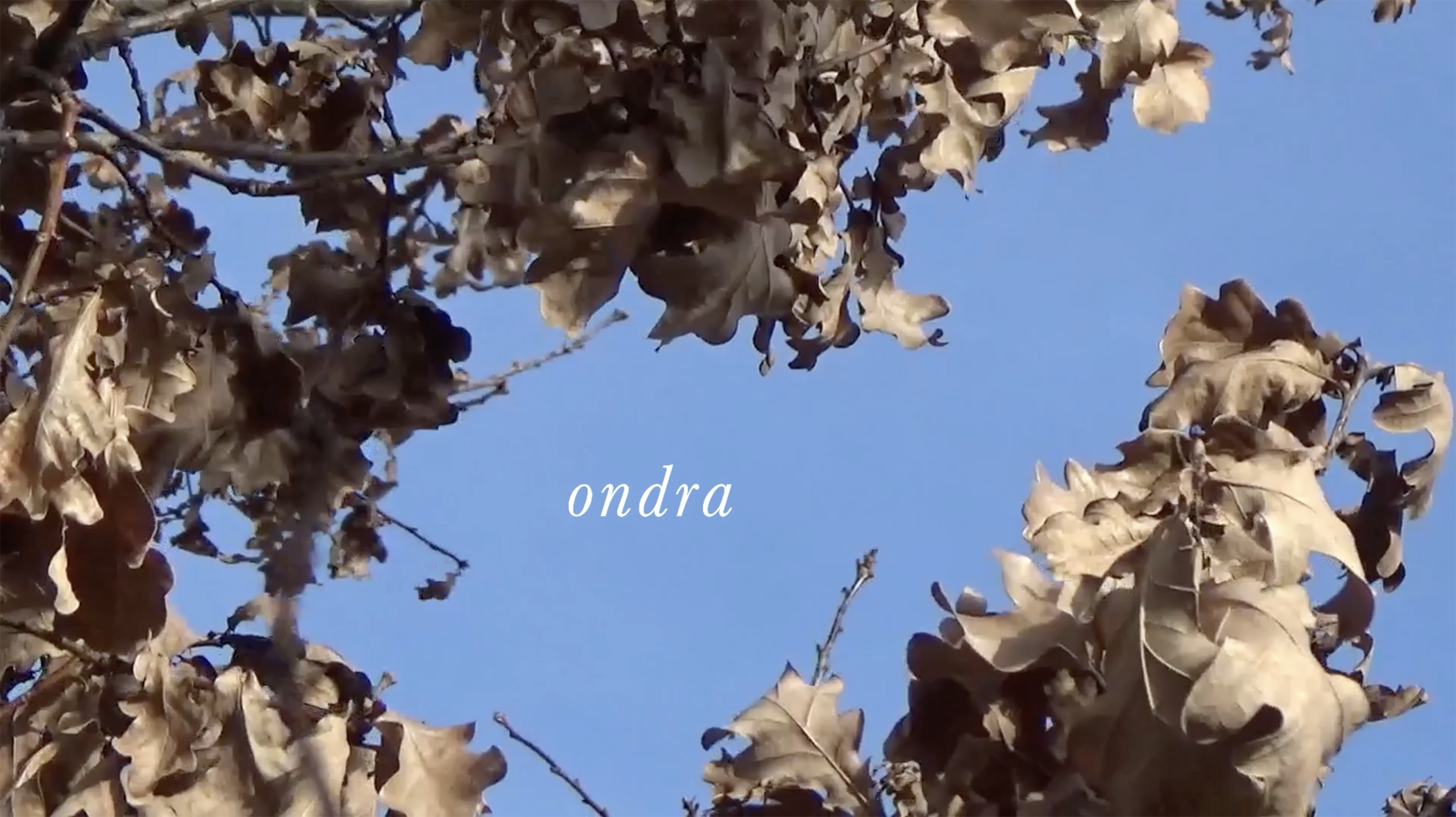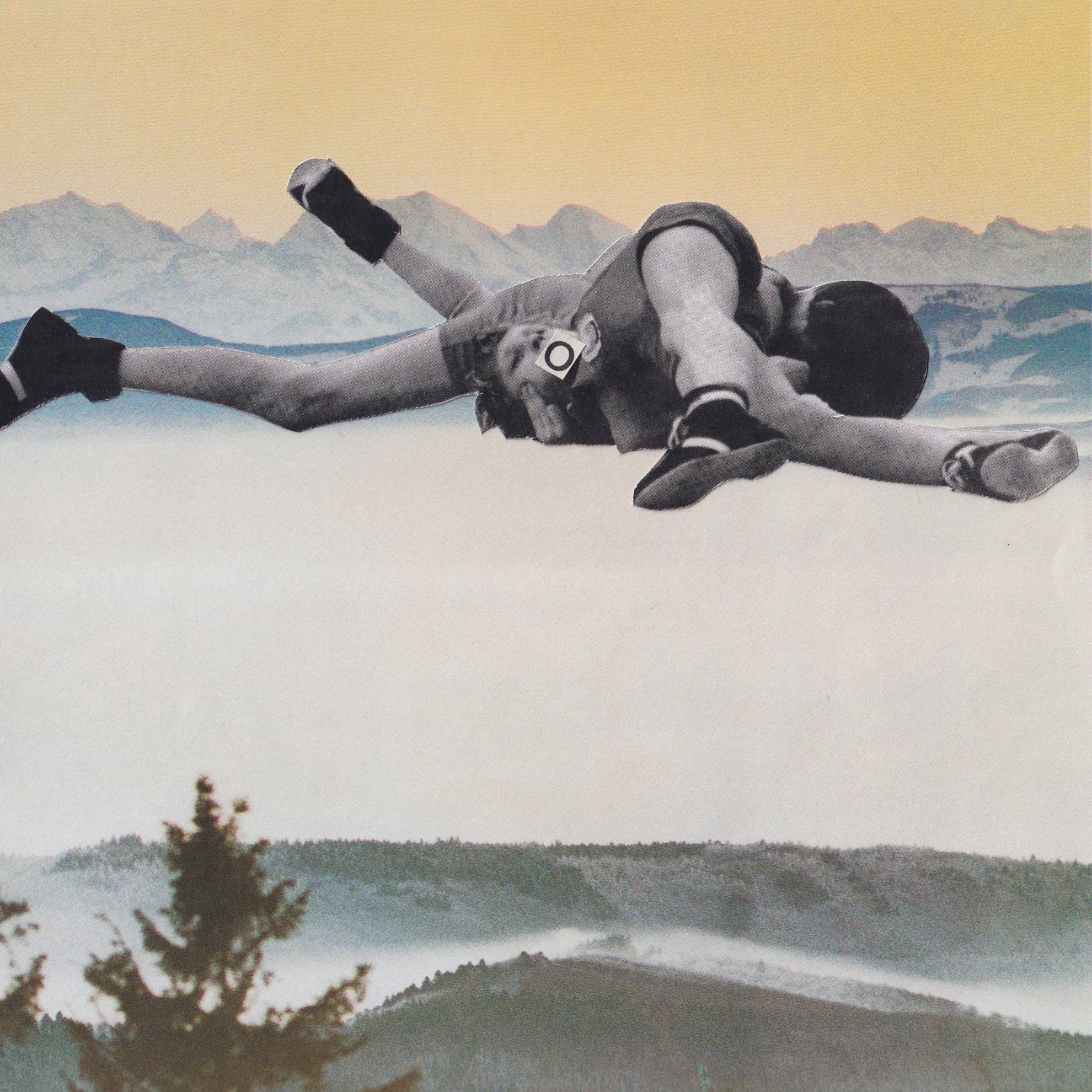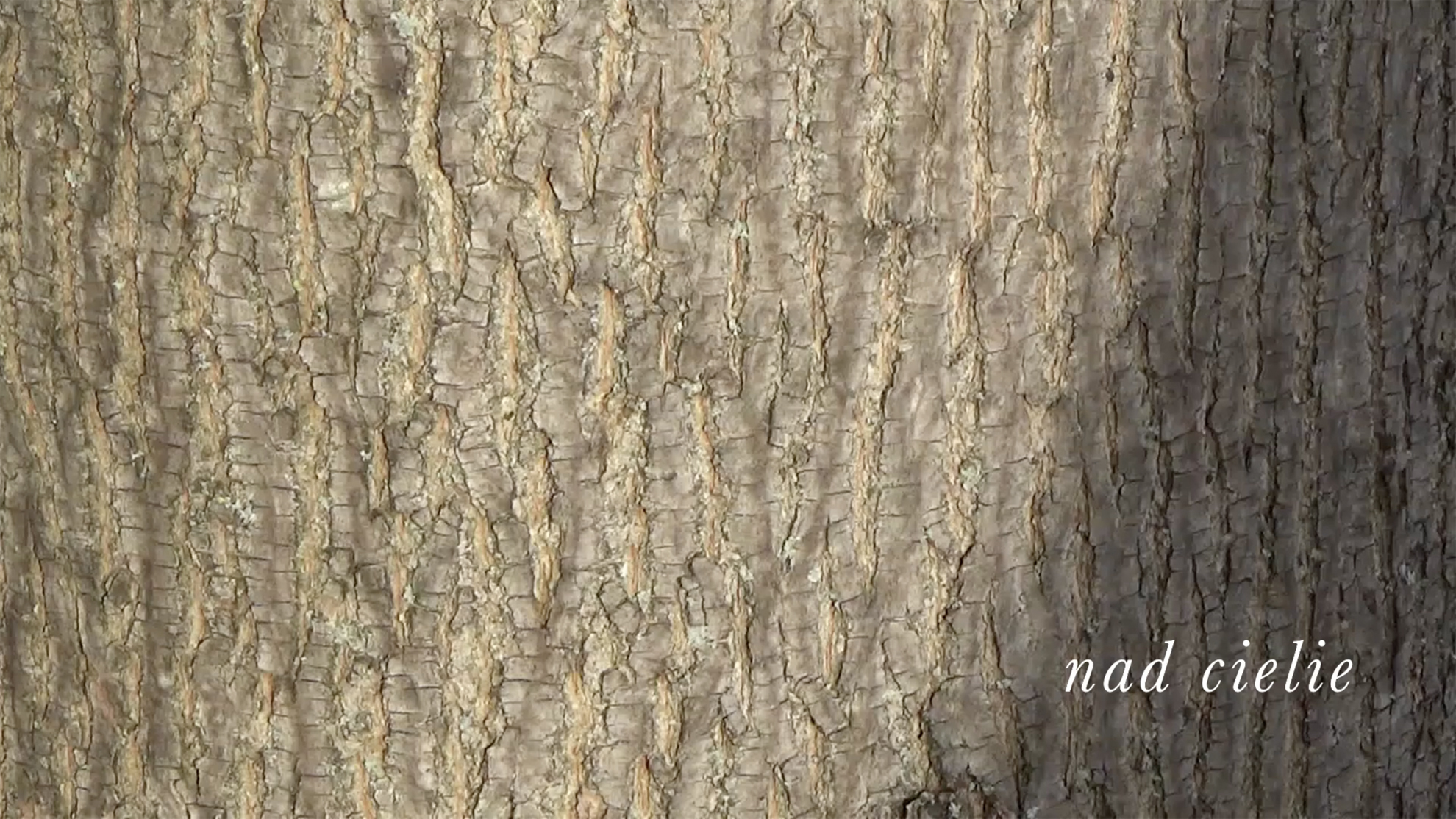Queer Tongues
Format: Documentary, Animations, Collage, Publication
Dates: Dec 2020 — Jan 2021
Venue: Theaterwerkstatt Pilkentafel
Language: English, Damiá
Duration: 39 min (Documentary)
Publication: Online PDF / Accompanying sound recordings
Dictionary: Online
Grammar: Online
Project Instagram: @a_queer_tongue
Dates: Dec 2020 — Jan 2021
Venue: Theaterwerkstatt Pilkentafel
Language: English, Damiá
Duration: 39 min (Documentary)
Publication: Online PDF / Accompanying sound recordings
Dictionary: Online
Grammar: Online
Project Instagram: @a_queer_tongue
Direction, text, edit, artwork: Chris Gylee & Aslan
Supported by: Fonds Darstellende Künste with funds from the Federal Government Commissioner for Culture and the Media
Residency hosted by: Theaterwerkstatt Pilkentafel
To request a print copy of Damiá 1 via post (subject to availability), please email us.
Supported by: Fonds Darstellende Künste with funds from the Federal Government Commissioner for Culture and the Media
Residency hosted by: Theaterwerkstatt Pilkentafel
To request a print copy of Damiá 1 via post (subject to availability), please email us.
Queer Tongues
is a research project by the performance collective ONCE WE WERE ISLANDS exploring a queer language and its performative potential.
Damiá is a fully-functioning language with an extensive grammar and a vocabulary of around 10,000 words, created by Aslan. They began creating it when they were just 13 years old and it represents a lifelong passion. Aslan speaks it fluently. At the beginning of 2020 — after more than 10 years of living and making art together — Chris began learning Damiá in earnest, and so will slowly become the second person to speak it. By actually learning to use and speak a new language (instead of simply simulating or imagining it for the stage), we will engage in an authentic act of transformation that cannot help but alter our perspectives. It is the aim of this research to begin our exploration from an autobiographical context and then to broaden our focus to interrogate social and political questions. We are all living with the upheavals of the climate crisis and the outbreak of the Covid-19 pandemic. As such, our research focuses on innovative forms of belonging and community in times of far-reaching change.
Damiá is a fully-functioning language with an extensive grammar and a vocabulary of around 10,000 words, created by Aslan. They began creating it when they were just 13 years old and it represents a lifelong passion. Aslan speaks it fluently. At the beginning of 2020 — after more than 10 years of living and making art together — Chris began learning Damiá in earnest, and so will slowly become the second person to speak it. By actually learning to use and speak a new language (instead of simply simulating or imagining it for the stage), we will engage in an authentic act of transformation that cannot help but alter our perspectives. It is the aim of this research to begin our exploration from an autobiographical context and then to broaden our focus to interrogate social and political questions. We are all living with the upheavals of the climate crisis and the outbreak of the Covid-19 pandemic. As such, our research focuses on innovative forms of belonging and community in times of far-reaching change.
Key questions include: Could Damiá become a specifically queer language? What would it mean for queer people to have a language of our own? To what extent would a queer language define new spaces for queer togetherness? How would we do things differently if we had brand new words to speak with? How can we open up a new dimension of queer kinship? If we were both in a position, as performers, to have conversations, recite poems, sing songs, and translate for an audience, could we construct a world of words on the stage that exists between comprehension and incomprehension, between inclusion and exclusion?
Queer theory and art practice discuss the way in which drag houses and chosen families subvert heteronormative family structures. Our research expands from this perspective to take in larger constructs, such as national and linguistic identities, by asking how these expanded social networks of belonging (and exclusion) could also be conceived of as queer. In the research period we will investigate the potential of Damiá for the stage. We will construct a performance laboratory in which translation, interpretation and subtitling will constitute a third ‘performer’ of the collective. We will also investigate the performative potential of media that are not reliant on the physical presence of an audience, for example short films and zines, that can be published and distributed online, and that are able to help to stabilise and broaden our artistic practice during the pandemic.
Queer theory and art practice discuss the way in which drag houses and chosen families subvert heteronormative family structures. Our research expands from this perspective to take in larger constructs, such as national and linguistic identities, by asking how these expanded social networks of belonging (and exclusion) could also be conceived of as queer. In the research period we will investigate the potential of Damiá for the stage. We will construct a performance laboratory in which translation, interpretation and subtitling will constitute a third ‘performer’ of the collective. We will also investigate the performative potential of media that are not reliant on the physical presence of an audience, for example short films and zines, that can be published and distributed online, and that are able to help to stabilise and broaden our artistic practice during the pandemic.



ESSAY — Nov. 2020
I.
WHAT IS DAMIÁ?
Aslan
Damiá is a language. I started creating it when I was very young — maybe 12 or 13 years old — and I’ve been working on it or with it one way or another ever since, for more hours than I could ever calculate. It has a grammar and a dictionary and a sound system like any other languages. It isn’t a blend of languages or a historical or linguistic experiment and it isn’t attached to a fantasy or sci-fi imaginary universe.
I can’t really tell you why I started Damiá, or why, three decades later, I am still working with it. I can tell you that I probably won’t ever stop being interested in it.
I’m not the only person in the world who has created a language. Even though it’s a fairly niche thing to do, there are others out there. Online, language construction is known as conlanging (and the creation of a fiction world to go with it is called conworlding or conculture). It’s a diverse community with a very high proportion of queer and trans people represented within it, as well a seemingly higher than might be expected occurrence of neurodiversity. And people create a language — or more often, languages — for very diverse reasons.
I have just one language and it has been with me for a very long time. It has felt like a secret, something highly uncool that I didn’t feel comfortable telling people about. I guess I must have told people about it in the past, and I suppose they thought it was strange. I found a few good friends in the conlanging community, but actually, Damiá isn’t so typical, so we didn’t always have a lot in common.
Damiá feels like it’s a part of me. It’s a way that I have understood myself and the world. It’s always been there. I have spent a very long time working out and writing down its rules, recording its vocabulary in dictionaries, translating and composing. It feels like home. And it has been a refuge.
I started thinking about what it meant to ‘have’ a language. I started thinking what it would mean if Damiá were a language that belonged to Queer people. What would it mean if we had a language that was our own? That had never belonged to anyone else?
Lots of questions started to come around this idea, and they were very interesting questions indeed. Perhaps it meant I would begin to be able to understand why I had been obsessed with making this language for so long. It must be for something. When I stumbled on the idea that it could be a Queer language, it seemed to fit.
I felt a bit daunted, scared even, at first. Who am I to ‘gift’ a language to the queer community? What a strange kind of a gift would that be anyway? Would anyone even want it? Would it make some people angry, even?
I tried whispering the words ‘queer separatism’ to myself to see how that would feel.
I’ve been trying to convince Chris to learn Damiá for a long time, but it’s been a pretty hard sell, truth be told. He finally got excited about when it was all wrapped up in this political art project. And actually, Damiá has become infinitely more interesting to me too. I don’t know if anyone else will learn it. Or think about learning it. Or decide they don’t want to learn it.
To hear Chris speak it, or to have a conversation with Chris in Damiá (we can do that now) feels kind of like magic. It’s like imagining a complicated fictional place, down to the most minute detail, and then opening a door and being able to walk into it. It’s like being able to dream something and then see it with your eyes open. It’s like something that’s fictional and created, but also real, and right here.
Reality and fiction meets with Damiá and it's a line we want to keep walking. Damiá is real and of this world, but we also want to make sure it keeps its power to open doors to other worlds.
I am a queer person. I have a queer language now. It has never been anyone else’s language. It is only for queer people. You might never learn it. You might think it’s silly or it might make you angry, but you have it now. And it has you.
I.
WHAT IS DAMIÁ?
Aslan
Damiá is a language. I started creating it when I was very young — maybe 12 or 13 years old — and I’ve been working on it or with it one way or another ever since, for more hours than I could ever calculate. It has a grammar and a dictionary and a sound system like any other languages. It isn’t a blend of languages or a historical or linguistic experiment and it isn’t attached to a fantasy or sci-fi imaginary universe.
I can’t really tell you why I started Damiá, or why, three decades later, I am still working with it. I can tell you that I probably won’t ever stop being interested in it.
I’m not the only person in the world who has created a language. Even though it’s a fairly niche thing to do, there are others out there. Online, language construction is known as conlanging (and the creation of a fiction world to go with it is called conworlding or conculture). It’s a diverse community with a very high proportion of queer and trans people represented within it, as well a seemingly higher than might be expected occurrence of neurodiversity. And people create a language — or more often, languages — for very diverse reasons.
I have just one language and it has been with me for a very long time. It has felt like a secret, something highly uncool that I didn’t feel comfortable telling people about. I guess I must have told people about it in the past, and I suppose they thought it was strange. I found a few good friends in the conlanging community, but actually, Damiá isn’t so typical, so we didn’t always have a lot in common.
Damiá feels like it’s a part of me. It’s a way that I have understood myself and the world. It’s always been there. I have spent a very long time working out and writing down its rules, recording its vocabulary in dictionaries, translating and composing. It feels like home. And it has been a refuge.
I started thinking about what it meant to ‘have’ a language. I started thinking what it would mean if Damiá were a language that belonged to Queer people. What would it mean if we had a language that was our own? That had never belonged to anyone else?
Lots of questions started to come around this idea, and they were very interesting questions indeed. Perhaps it meant I would begin to be able to understand why I had been obsessed with making this language for so long. It must be for something. When I stumbled on the idea that it could be a Queer language, it seemed to fit.
I felt a bit daunted, scared even, at first. Who am I to ‘gift’ a language to the queer community? What a strange kind of a gift would that be anyway? Would anyone even want it? Would it make some people angry, even?
I tried whispering the words ‘queer separatism’ to myself to see how that would feel.
I’ve been trying to convince Chris to learn Damiá for a long time, but it’s been a pretty hard sell, truth be told. He finally got excited about when it was all wrapped up in this political art project. And actually, Damiá has become infinitely more interesting to me too. I don’t know if anyone else will learn it. Or think about learning it. Or decide they don’t want to learn it.
To hear Chris speak it, or to have a conversation with Chris in Damiá (we can do that now) feels kind of like magic. It’s like imagining a complicated fictional place, down to the most minute detail, and then opening a door and being able to walk into it. It’s like being able to dream something and then see it with your eyes open. It’s like something that’s fictional and created, but also real, and right here.
Reality and fiction meets with Damiá and it's a line we want to keep walking. Damiá is real and of this world, but we also want to make sure it keeps its power to open doors to other worlds.
I am a queer person. I have a queer language now. It has never been anyone else’s language. It is only for queer people. You might never learn it. You might think it’s silly or it might make you angry, but you have it now. And it has you.
II.
ON LEARNING DAMIÁ
Chris
I started learning Damiá in January of this year [2020].
There are a lot of words that feel easy to learn in Damiá. They have strange shapes or sounds that feel distinctive, so that they get wedged easily into my brain. Sticky words. Although there seems to be a maximum that I can acquire at any one time and then, after that, my brain will feel full, at saturation point and nothing extra will fit in for a while. For a day or two, or at least until after sleeping. I guess the words that I like, that become my favourites, are the easiest to learn. I don't always know why I like them. Maybe they like me and come and stick to me. Most of the words for animals seem fairly easy to me. I find the words that double up, that are repeated in a unit, to make a slightly adjusted meaning very memorable too. Like, moi (tired) turning into moi-moi (boring), or ban (chilli) turning into ban-ban (spicy). It's easy to not have to learn articles, plurals and genders. I can do simple numbers, I learnt these quite fast, and I find numbers up to a hundred easy enough to call out, but long dates like Nineteen Hundred and Eighty Three in their Damiá translation challenge me, my brain has to work hard and crunch. I also notice that my brain always goes slower when recalling 4 (basai), 8 (bavand) and 12 (bazar).
Some words don't stick easily, and I don't really know why, they just get confused with other similar sounding words for a long time — ia, iar, iaa, iel — always hazy around the edges. Or when I fish for those words when Aslan asks me in English for the Damiá translation and I just can't find anything there, or sometimes anything close either. Sometimes Aslan looks at me, because they've told me this word several times already that day, and it's just going in, not sticking and straight back out the other side. I don't know why. Certain words do that, as though there is no magnetism, hard to make friends with one another. Precise word order and squashing sounds together are both important features of Damiá and fairly alien to my English-thinking brain, and this is where I am still particularly slow. First you have to flip the logic of an English sentence into a Damiá word order, and then once you manage to select the correct elements of the sentence in the right order, quite a few have to squash their sounds together. After a verb for example, you might squash the object (sie) together with the direction (bé, for example) and then the agent (co) comes shortly afterwards too. Into — sibé co. It sounds like ssh-beh coh. The time tense (past, present, future) on the start of the sentence does something similar. So if I'm going through the process slowly, manually, thinking it through word by word, unit by unit, I don't really manage to make the overall sentence flow and it sounds quite stuttered. If I listen to Aslan speaking, I can find it hard to quickly determine who is doing what to who, what direction things are happening in, if I'm cooking for you, or you're cooking for me, or if someone else is cooking, or being cooked.
I think it will take me a long time to become fluent. Years. Though I'm surprised that I can actually do — and understand — quite a lot already, and it's only been around 11 months of learning. I composed a simple poem the other day without pen or paper. I don't feel like I've ever really become fluent in German and it's been 6 years already. But perhaps Damiá is and means something different to us, so maybe fluent will mean something different as well.
I think I'd feel fluent if I were able to understand rapidly when Aslan speaks. If I always knew automatically the key elements of the sentences, and if there was a piece of vocabulary I didn't know it would stand out clearly and brightly, and I'd be able to check that word quickly in Damiá. If I could read at speed in Damiá. If I could hold a complex conversation, or talk to a group of people.
Speaking Damiá feels gentle and sort of funny. There is a softness or sense of naivety to how it sounds or feels, that lays on top of the strong, robust structures underneath. There are a lot of short and practical words in Damiá and I think this makes it feel like quite a particular place to inhabit. A place that's more in tune with animals, or nature somehow. Like a practical place in the woods. It doesn't feel like a sophisticated or conceited place. It makes me smile a lot to use it. It feels good to walk down the street, or run the paths of the park, and use it and know that no one else will understand. Like a protective blanket. Or a way to become invisible.
It slowly feels like it's also my language, more and more. It didn't in the beginning. And it's very much Aslan's language, in that it's something they are expert in and they are imparting this knowledge to me. But it becomes more real for both of us somehow when I use it, and I think it changes a little too. I like it when I can make a joke in Damiá. Or when I can play with the words in a way Aslan isn't thinking about. They're usually mistakes or the wrong way to say things, but they can also be funny or surprising and reflect the language back in a different way to Aslan. I think this is when it starts to become mine too, when I can stretch it a bit, or play with it, or make new connections of my own between the words and see what they do. I love it when we come across a word or meaning that isn't in the Damiá dictionary already, and we have to choose a new sound for this meaning and that we can do that together.
The experience of learning Damiá has been totally different from learning German. I haven't been in an classroom or an institution and I don't have a stranger or teaching-professional teaching me. I haven't paid or enrolled on a programme. I learn one on one. I almost always learn outdoors whilst moving, running, walking. I don't have people speaking Damiá in the shops around me, or on the phone when I call the dentist, or at the post office, or have any subtitled or dubbed films in Damiá to watch in the cinema.
My favoriute thing is Damiá names. I like having a parallel name in Damiá. It's a lot of fun to think of a new name for someone in Damiá.







The above images include collages by Chris Gylee (from various sources) and stills taken from Queer Tongues — A Documentary.
Queer Tongues (2020/21) is a ONCE WE WERE ISLANDS research project in cooperation with Theaterwerkstatt Pilkentafel.
Additional thanks to: our co-residents and the team at Theaterwerskstatt Pilkentafel; Kate Gallon; Lea Martini; Modern Queers; Trent Pehrson.
Queer Tongues (2020/21) is a ONCE WE WERE ISLANDS research project in cooperation with Theaterwerkstatt Pilkentafel.
Additional thanks to: our co-residents and the team at Theaterwerskstatt Pilkentafel; Kate Gallon; Lea Martini; Modern Queers; Trent Pehrson.